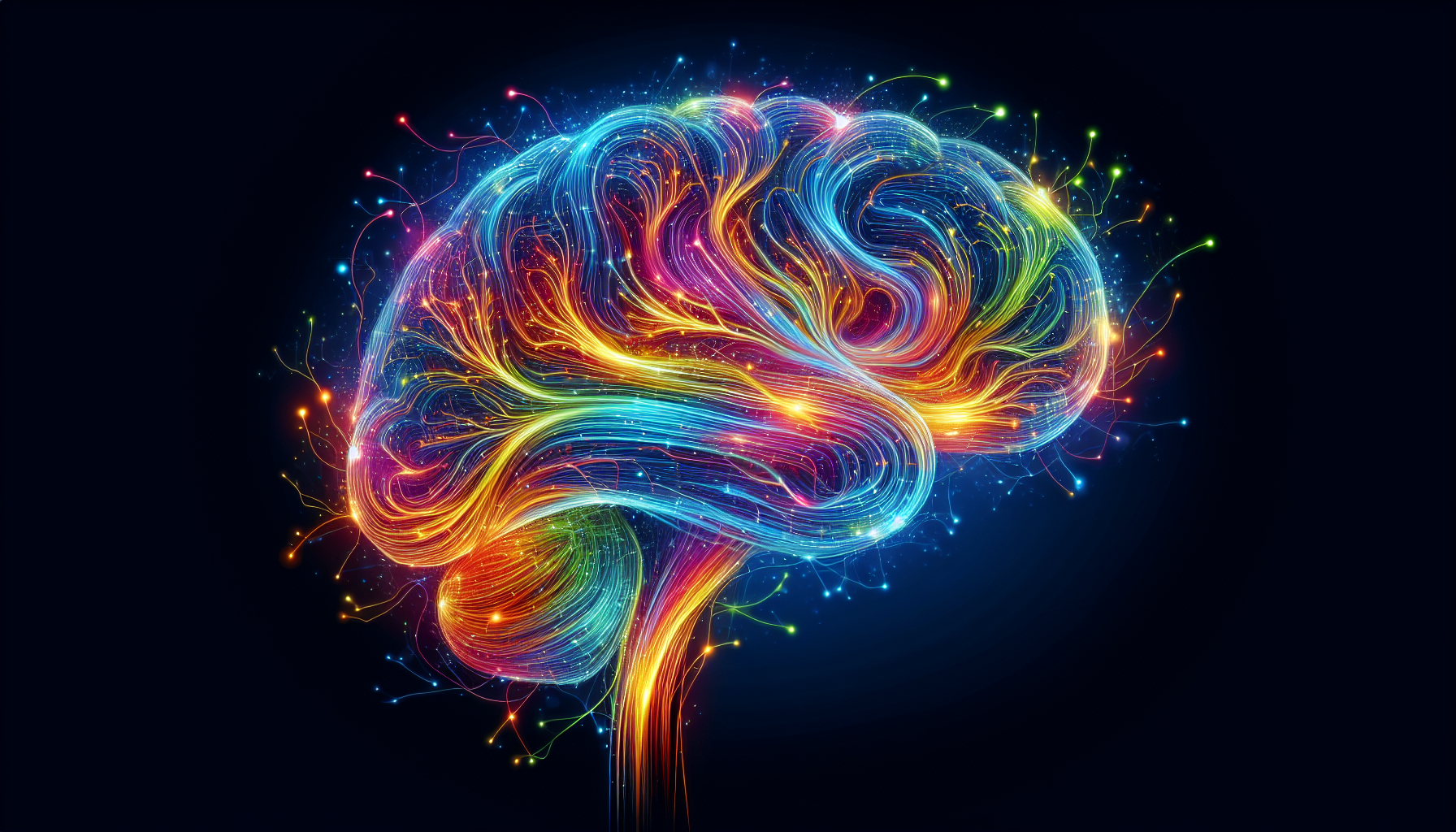In the hustle and bustle of the information age, our brains are bombarded with constant stimuli, from the incessant pings of social media notifications to the relentless pressure of multitasking. While technological advancements have undoubtedly brought significant benefits, they also pose new challenges for our cognitive well-being. In this comprehensive exploration, we delve into the obstacles faced by our mental faculties in this era and present actionable strategies to safeguard and enhance brain health.
Cognitive Overload in the Digital Era
The digital age has redefined the way we interact with information. However, this constant connectivity can lead to cognitive overload, where the brain is overwhelmed by an excess of stimuli, impairing its ability to process and retain information. To combat this, it is crucial to understand and implement practices that can alleviate mental strain.
One effective approach is engaging in activities that promote mental clarity and focus, such as physical exercise, which has been shown to improve cognitive function and reduce the risk of neurodegenerative diseases. Also, regularly participating in brain-stimulating activities like crossword puzzles can help maintain and enhance neural connectivity, creating a robust defense against cognitive decline.
The Nutritional Connection to Cognitive Health
Nutrition plays a pivotal role in brain health. An optimal diet that supports cognitive function includes foods rich in omega-3 fatty acids, antioxidants, and vitamins. For instance, the neuroprotective properties of Vitamin B12 are critical in maintaining healthy brain cells and supporting neurological function.
Adopting dietary practices like intermittent fasting can also have a profound impact on brain health. This eating pattern has been linked to improved memory and learning outcomes, possibly due to its role in enhancing neural plasticity and resilience against stress.
In addition, ensuring proper hydration is essential, as even mild dehydration can impact cognitive performance. The brain is highly sensitive to water levels, and maintaining hydration can aid in preserving concentration and memory.
Lifestyle Factors Influencing Brain Health
Regular social engagement has been associated with improved cognitive function, emphasizing the importance of maintaining social connections in preserving brain health. These interactions stimulate the brain and can contribute to a lower risk of dementia and cognitive decline.
Physical activity is another cornerstone of a brain-healthy lifestyle. The debate between the benefits of aerobic vs. anaerobic exercise on cognitive health continues, but what remains clear is that regular exercise of any kind contributes positively to overall brain function.
Mindfulness practices, such as meditation, have emerged as powerful tools for stress reduction. Mindful meditation not only helps in managing stress but also improves memory retention and cognitive agility.
Technological Innovations in Brain Health
The information age has also brought forth advancements in technology that can be leveraged to enhance brain health. For instance, virtual reality is being explored for cognitive rehabilitation, offering immersive experiences that can aid in the recovery of brain function post-injury or illness.
Neuroimaging techniques have seen significant advances, allowing for more detailed assessments of brain health and the early detection of potential issues. These imaging technologies are crucial in understanding the brain’s structure and function, leading to better-informed interventions.
External High-Quality Resources
To further understand the impact of our modern lifestyle on brain health, it is beneficial to consult niche resources that provide in-depth insights into this complex topic:
- The Brain Health & Puzzles website offers a specialized look into how different puzzles can positively affect cognitive function.
- For those interested in the science behind brain-gut interactions, the American Psychological Association provides articles detailing the latest research on the brain-gut axis and mental health.
- The International Brain Research Organization is an invaluable resource for keeping abreast of the latest findings in neuroscience research and its implications for brain health.
Conclusion
The information age presents both challenges and opportunities for brain health. While we face the risk of cognitive overload and stress, we also have access to a wealth of knowledge and tools that can help us maintain and improve our mental faculties. By incorporating regular physical exercise, mindful nutrition, social engagement, and stress management techniques into our daily routines, we can foster a brain environment conducive to lifelong learning, memory retention, and overall cognitive vitality.
This holistic approach to brain health, complemented by the strategic use of technology and ongoing research, can empower us to thrive mentally in the information age. It’s about balancing the demands of a connected world with the needs of our most complex organ, the brain, to achieve a state of cognitive well-being that will serve us well into the future.



